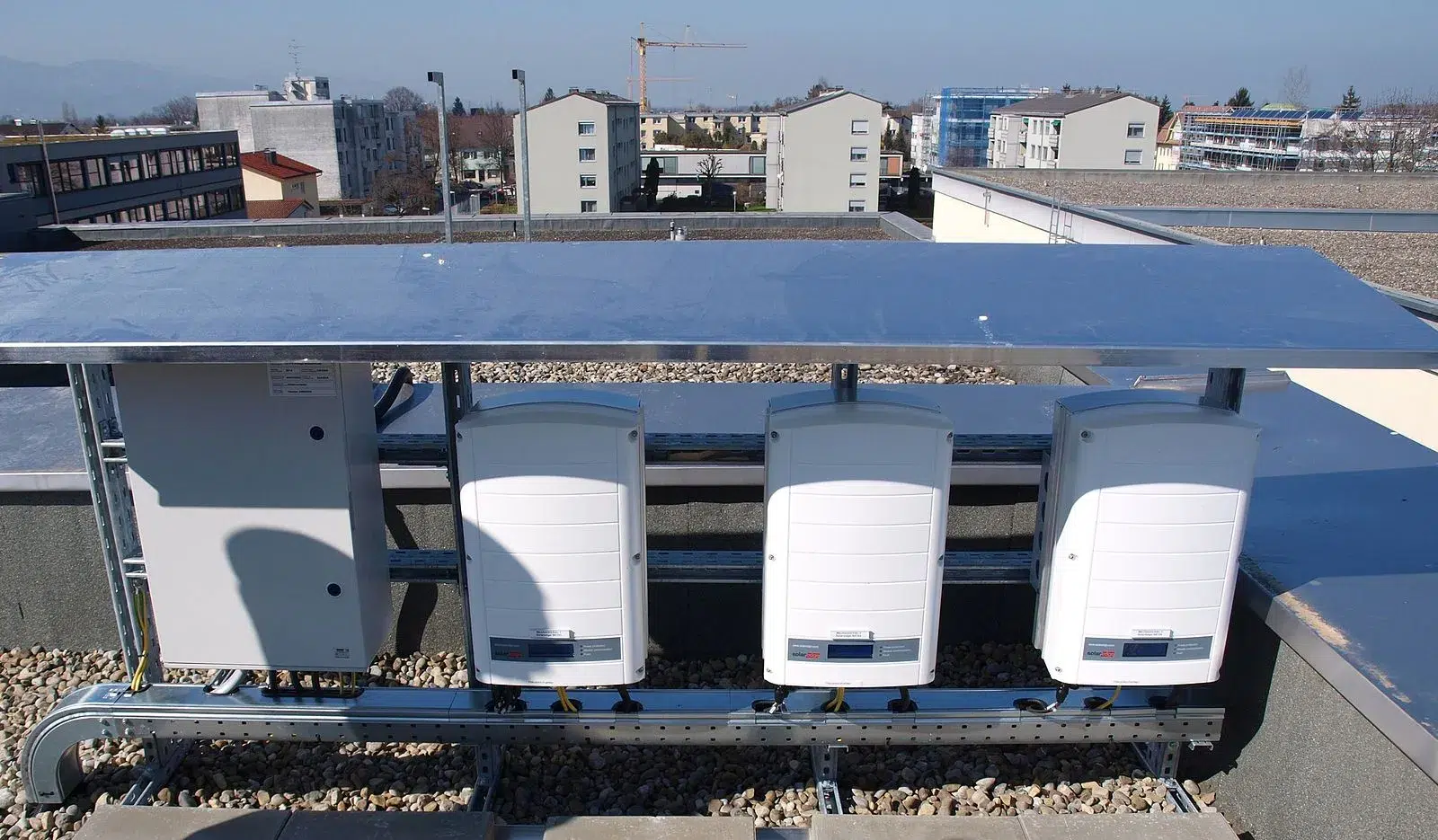Do solar panels affect Wi-Fi?
Solar panels themselves do not directly interfere with WiFi signals. However, certain components in the solar panel system, such as inverters, can produce electromagnetic interference (EMI), which may affect wireless signals, including WiFi, in some cases.
This interference is generally due to electromagnetic fluctuations caused by the power conversion process within the inverter. Several measures can be taken to minimize this interference, such as using high-quality inverters, appropriate shielding, and wiring, and ensuring proper distance between devices.
The solar panel system typically includes photovoltaic panels, inverters, and other electronic components. Among these, the inverter is responsible for converting the direct current (DC) produced by the solar panels into alternating current (AC) for household use. However, inverters can generate electromagnetic interference (EMI) during operation, which theoretically could affect nearby wireless signals, including WiFi.
To reduce this interference, experts recommend the following measures:
- High-quality inverters are usually used, which have better electromagnetic compatibility designs.
- Ensure proper grounding of the inverter and solar panels to reduce electromagnetic interference.
- Maintain an appropriate distance between the inverter and wireless devices to decrease the likelihood of interference.
- Implement proper shielding and wiring techniques to mitigate the effects of electromagnetic interference.

How does the inverter affect wifi?
Inverters in solar panel systems can potentially affect WiFi signals due to the electromagnetic interference (EMI) they generate during the conversion of direct current (DC) to alternating current (AC). This interference can disrupt nearby wireless devices, including WiFi routers. However, modern inverters are designed with better shielding and filtering mechanisms to minimize EMI, and the impact can be mitigated with proper installation and precautions.
To reduce the impact of inverters on WiFi signals, consider the following strategies:
- Strategic Placement: Increase the distance between the inverter and the WiFi router, ideally by at least 3-5 feet. This can significantly reduce the interference.
- Shielding and Grounding: Use shielded cables for the inverter’s AC output and ensure proper grounding to minimize EMI.
- Tech Tweaks and Upgrades: Change the WiFi channel if certain channels are more susceptible to interference, and consider upgrading to a newer router with better shielding.
- Professional Installation: Consult with a professional solar installer or electrician to assess your specific setup and recommend advanced solutions, such as EMI filters or signal boosters.

It’s important to note that not all inverters are equal in their potential to cause interference, and the likelihood of issues depends on the model, its age, and its proximity to your WiFi equipment.
Tips to avoid
Inverter Location and Shielding: The inverter is a primary source of potential electromagnetic interference in a solar power system. It should be placed in a reasonable location and appropriate shielding measures should be taken, such as using a metal enclosure or installing it away from Wi-Fi routers and televisions.
Cabling: Plan the cabling of the solar power system to avoid being too close to the television and network signal lines. Using shielded cables and minimizing the length of the lines can reduce electromagnetic interference.
Grounding and Filtering: Ensure that the inverter and the solar panel system are properly grounded to reduce electromagnetic interference. EMI filters are designed at the input and output ports of the inverter to control the transmission of electromagnetic interference.
FAQ
Do solar panels affect Wi-Fi??
Solar panels do not emit signals that interfere with WiFi networks. However, components within the solar panel system, particularly the inverter, can generate electromagnetic interference (EMI) that may affect nearby wireless devices, including WiFi routers. To mitigate potential interference issues, proper inverter placement, sufficient distances, shielding, filters, and professional installation are recommended.
Do solar panels block cell signals?
Solar panels can affect cell phone signals, especially if they are positioned between the phone and the cell tower. The metallic materials in solar panels might block the signal, or their positioning could interfere with it. However, this interference can be addressed by using external antennas or signal boosters and ensuring proper antenna placement.
Do solar panels block TV signals?
Solar panels do not directly interfere with TV signals. It is the inverters used in solar panel systems that can potentially create electromagnetic interference (EMI), which might affect TV reception. Modern inverters are designed with shielding to minimize such interference. If interference occurs, it can be mitigated with high-quality equipment and professional installation.
What is the disadvantage of using solar panels?
One potential disadvantage of solar panels is their reliance on sunlight, meaning they do not produce electricity at night or on very cloudy days. This may require additional storage solutions or backup power systems. Additionally, the initial cost of installation and maintenance, as well as aesthetic considerations and the physical space required for installation, can also be seen as disadvantages. Furthermore, the efficiency of solar panels can be affected by factors such as shading, weather conditions, and the angle of installation.










